By Adam Crawley and Elizabeth Bemiss on behalf of the CLA Diversity, Equity, and Inclusivity CommitteeWe are living and navigating in troubling times. Across the country, educators (e.g., K-12 teachers, librarians, teacher educators, etc.) experience censorship of and challenges to texts that center historically marginalized races, ethnicities, sexual orientations, gender identities and expressions, and other ways of being. In several states (e.g., Florida, Georgia, Utah), legislation explicitly restricts such representations and discussions in K-12+ schools. Simultaneously, cities across the country are supporting newcomers bussed from the U.S.-Mexico border, and schools and libraries specifically are trying to aid these families with daily needs (e.g., food, shelter) and other aspects (e.g., school transitions, providing books in Spanish). Meanwhile, unrest in Africa, the Middle East, and Ukraine continue to weigh heavily on many of our minds and hearts; mass shootings in schools and other public settings remain prevalent; and the upcoming 2024 U.S. Presidential election causes increased tension across politically opposed ideologies. In the midst of all of this, we want to retain hope. We also know that reading and discussing children’s literature with youth can be vital for promoting social justice. To support educators’ on-going work - and in the spirit of Valentine’s Day week - we asked 2023 and 2024 CLA Diversity, Equity, and Inclusivity (DEI) Committee members to share about books they “love” for their representation and ability to foster DEI work. While we recognize that no single book can address all of the world’s current complexities, we hope the recommendations in this list are helpful resources and provide a sense of solidarity for your own contexts.
Jo Jo Makoons Series by Dawn Quigley, illustrations by Tara Audibert (Heartdrum) Native Americans have a great love of laughter. In this series, author Dawn Quigley (Turtle Mountain Band of Ojibwe) introduces a spunky seven-year-old named Jo Jo Makoons who lives on an Ojibwe reservation. Jo Jo’s worldview is truly one-of-a-kind as she learns to be friendly, fancy, and imaginative. I love Jo Jo’s hilarious adventures, which are similar to a younger Amelia Bedelia experience. Readers will meet Jo Jo’s Ojibwe family and community (and her pet cat Mimi) as she moves through contemporary, everyday events. Illustrator Tara Audibert (Wolastoqiyik First Nation heritage) adds her comical, cartoon-style artwork to each story in the series. First and second-grade readers will make connections with Jo Jo’s realistic experiences, her feelings in those situations, and learn how she solves her problems. These books are upbeat and humorous, making them a very enjoyable read. (contributor: Andrea M. Page Hunkpapa Lakota)
These poignant and powerful texts that are well loved by CLA DEI committee members illuminate many issues surrounding diversity, equity, and inclusion. These texts speak to issues of race, gender, heritage, and sexual orientation, to name a few, and could be used in the classroom to evaluate the impact of stereotypes or assumptions, to face and dismantle racism, to highlight the value of kindness, or to provide a realistic portrayal of diversity for readers to see themselves and their lived experiences represented in texts. As delineated in the CLA Bylaws, the DEI committee encompasses a steadfast commitment to diversity, equity, and inclusivity within CLA: "The Diversity, Equity, and Inclusivity Committee Chair and members shall help ensure CLA’s commitment to issues of diversity, equity, and inclusivity. The committee shall help create and/or review CLA policies and position statements shared with CLA members and/or the greater public. The committee shall work with membership and nominating committees for recruitment as well as help distribute calls for CLA-related applications. Committee members shall also serve as resources for CLA Standing Committee Chairs when they are developing materials and programs." For more information about the DEI committee, please contact committee chairs Adam Crawley ([email protected]) or Elizabeth Bemiss ([email protected]). Adam Crawley is an Assistant Teaching Professor in the School of Education at the University of Colorado-Boulder. He serves as the 2023 and 2024 CLA DEI Committee chair. Elizabeth Bemiss is an Associate Professor in the School of Education at the University of West Florida. She is a CLA Board Member and chair of the 2023 and 2024 CLA DEI Committee. BY THOMAS CRISP, MARY NAPOLI, VIVIAN YENIKA-AGBAW, & ANGIE ZAPATAChanging the Stories We Share: Transforming the Children’s Literature Landscape
AS PROFESSORS OF EDUCATION, literacy, and children’s and young adult literature, we value the unique position that the Journal of Children’s Literature (JCL) occupies in the field, bridging theory and practice by publishing research-based and theoretical manuscripts that have immediate implications for the ways in which children’s books are shared in elementary and middle-grade classrooms and discussed in communities outside of the classroom. With the November 2015 approval of the National Council of Teachers of English (NCTE) “Resolution on the Need for Diverse Children’s and Young Adult Books,” JCL is committed to the recognition of diverse voices; to the support of emerging Indigenous, Black, and People of Color (IBPoC) scholars and researchers; and to excellence in interdisciplinary research and scholarship in the field of children’s literature. Therefore, we welcome submissions that center literature studies in relation to issues of social justice and equity, representations of populations that have been historically marginalized or underrepresented in children’s texts and culture, and the intersections between popular culture and identity. Our team shares a commitment both to children’s literature and the field of education. We understand how children’s texts contribute to learning and the development of critical literacies and also serve as powerful cultural artifacts that inform the ways readers view and understand themselves and the world in which they live. We believe that all of us concerned with children’s texts (e.g., teachers, teacher educators, librarians, researchers) must attend to the content of children’s books as literary, cultural, and political objects. About Our Team Generally speaking, our professional work is grounded in theories of reader response, critical multiculturalism, and culturally responsive and sustaining pedagogies, and is informed by research and scholarship in education, literary, and cultural studies. Here and elsewhere, the co-editors are listed alphabetically. We are, however, a team of co-editors with shared responsibilities. The order of editors’ names does not indicate any sort of rank.
Our Work with JCL Like so many other readers, our understanding of the field of children’s literature has been shaped and informed by the articles published in JCL, selected, refined, and coordinated by editorial teams including, most recently, Donna Adomat, Karla Möller, and Angela Wiseman; Jonda McNair, Miriam Martinez, and Sharon O’Neal; and Cyndi Giorgis, April Bedford, and Jennifer Fabbi. During our time as editors, we hope to carry on the tradition of excellence cultivated by these and all other editors of the Journal of Children’s Literature. Our team is committed to building upon the work of previous editors by bringing together master teachers, recognized scholars and researchers, and emerging voices (e.g., new scholars, doctoral students) across disciplines as contributors to JCL. We recognize that under the guidance of previous editorial teams, the theoretical content of JCLhas increased. We view this shift as particularly important for teachers and teacher educators in the current context of high-stakes testing (e.g., the edTPA), educational initiatives (e.g., the Common Core State Standards), and the “deprofessionalization” of teachers and the teaching profession. Through JCL, we want to foreground the attention to reader response, critical literacies, critical multiculturalism, and social justice. We will continue to center scholarship and research and explore how theory can guide the ways in which researchers, teachers, teacher educators, and librarians view and explore children’s literature. We plan to make JCL relevant to both educators and scholars by publishing practical yet scholarly pieces that allow readers to think deeply about children’s literature (including visual and multimodal texts) and how it can directly influence the lives of children in their classrooms. To this end, during our tenure as editors, JCL will include the following features:
Finally, as we transition the journal online, our team is committed to making all past issues of JCL available to members of the Children’s Literature Assembly. We are currently scanning all past issues of JCL and its predecessors (e.g., Ripples) and will be making those available in the Members Only section of the Children’s Literature Assembly website. We are grateful to CLA historian Dr. Amy McClure for entrusting us with the assembly’s copies of these archival materials. We are also indebted to Dr. Evie Freeman, who provided us with her personal copies of JCL for use in our scanning. Additional Acknowledgements We would like to thank the following individuals and institutions for their support of our work with the Journal of Children’s Literature:
References
Adichie, C. N. (2009, July). Chimamanda Ngozi Adichie: The danger of a single story [Video file]. Retrieved from https://www.ted.com/talks/chimamanda_adichie_the_danger_of_a_single_story/transcript Short, K. G. (2012). Story as world making. Language Arts, 90(1), 9–17.
BY KATHY G. SHORT Many authors, illustrators, publishers, and literacy organizations offer valuable resources during this time of mandated on-line learning. An ongoing issue, however, is that only a few of these resources highlight global literature, books set in global cultures outside of the U.S. At Worlds of Words, a Center of Global Literacies and Literatures, our goal is to support educators and families in engaging readers with global literature to encourage intercultural understanding across cultures. If you are a teacher educator searching for on-line readings and book lists for your courses or a teacher creating new inquiry units that are global in focus, the following resources can support your work. You can also use these features as examples for students to create their own reviews, vignettes, or book recommendations:
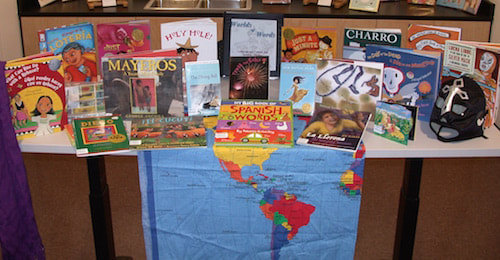 Spanish/Mexican Language and Culture Book Kit Spanish/Mexican Language and Culture Book Kit
In this time of global crisis, the need to broaden our world views and develop empathy and knowledge about cultures beyond our own is increasingly critical. Reading globally invites readers to enter story worlds to experience how people live, feel, and think around the world, providing the potential to transform their world views through understanding their current lives and imagining beyond themselves. Open a Book…Open a Mind…Change the World Kathy G. Short, University of Arizona Worlds of Words images used with permission. |
Authors:
|
CLA
About CLA
|
Journal of Children's Literature
Write for JCL
|
ResourcesCLA-sponsored NCTE Position Statements
|
Members-Only Content
CLA Video Library
|
© COPYRIGHT 2018.
ALL RIGHTS RESERVED |

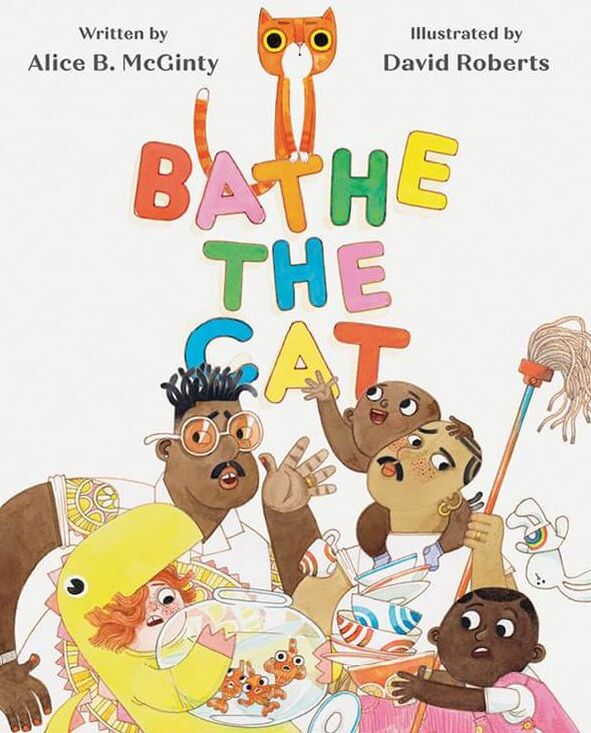
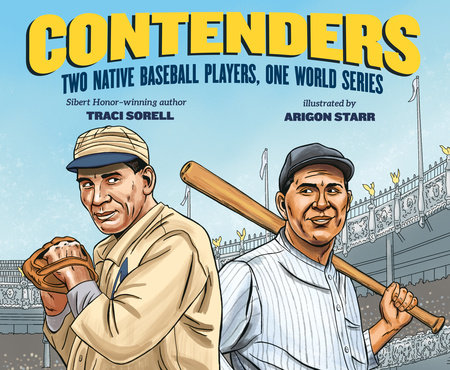
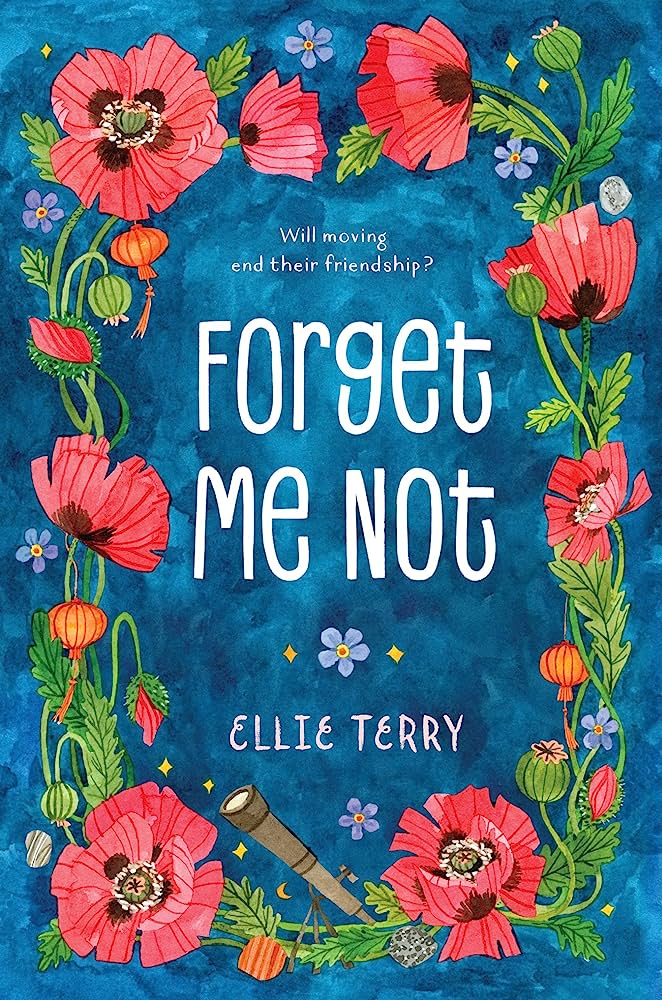
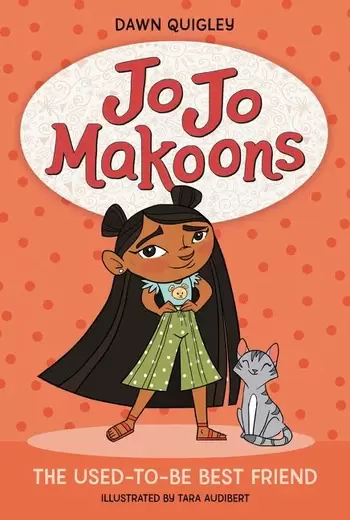
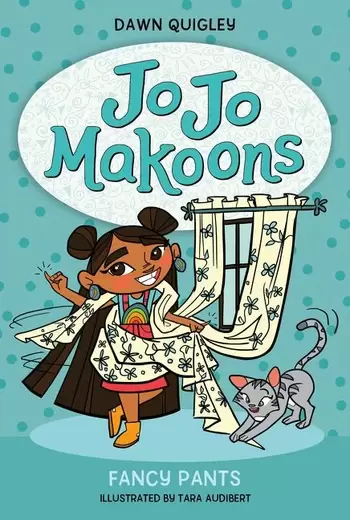
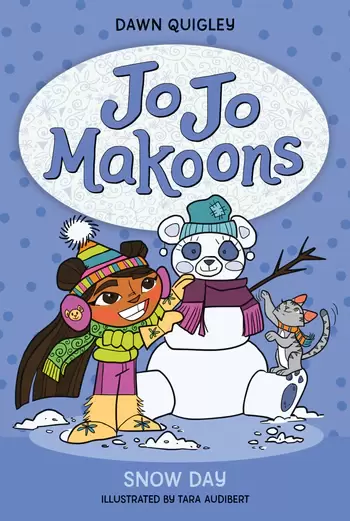
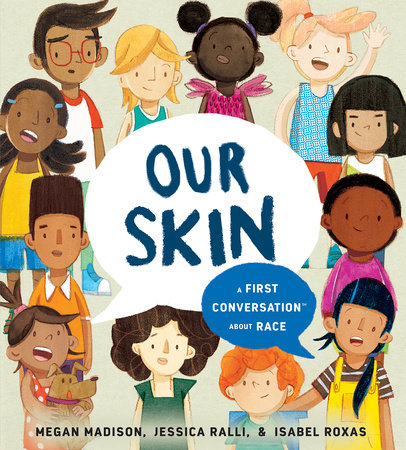
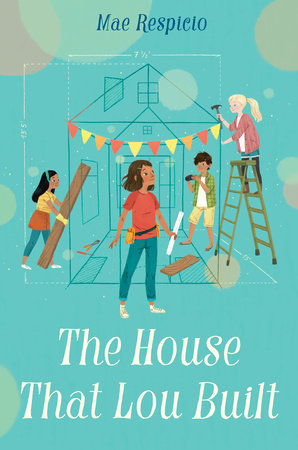
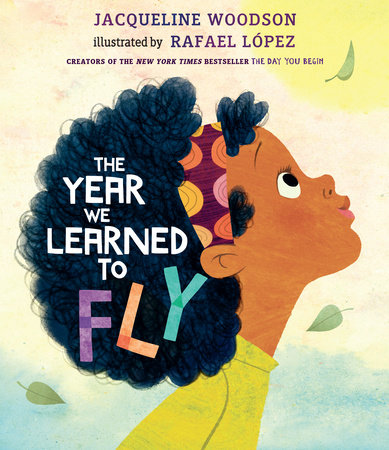
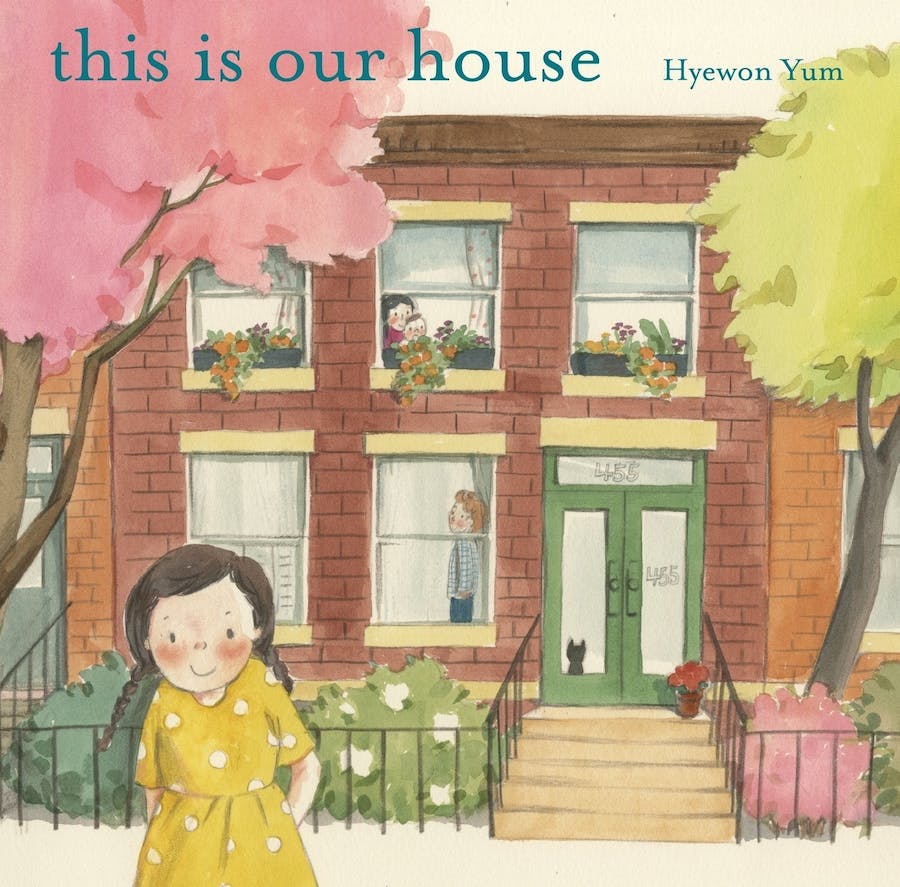
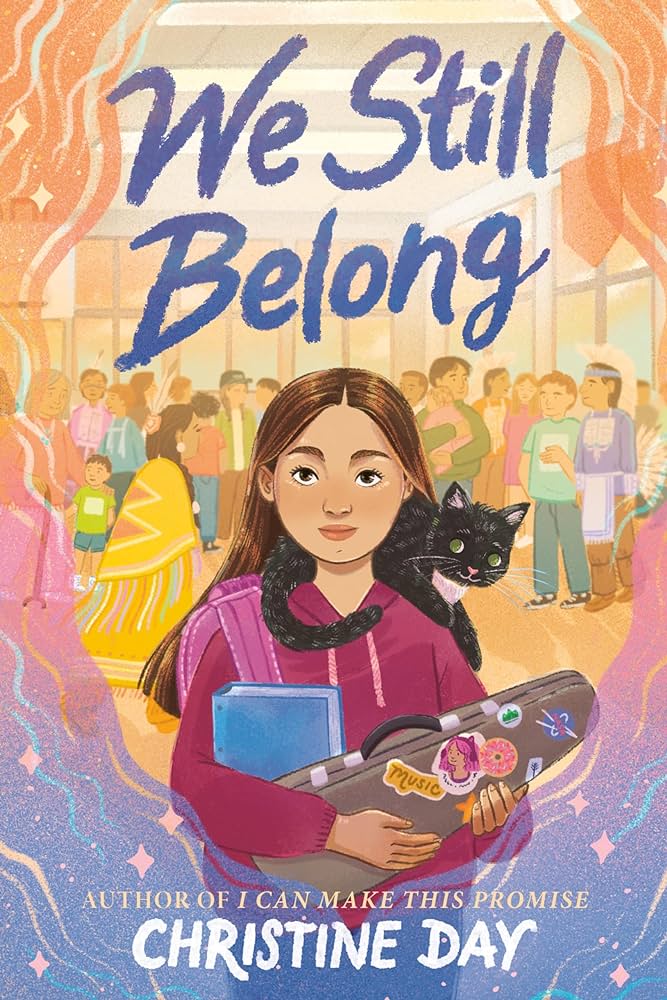
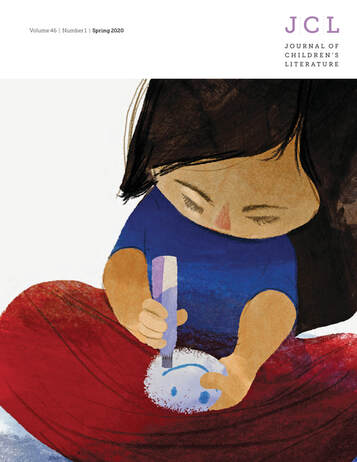
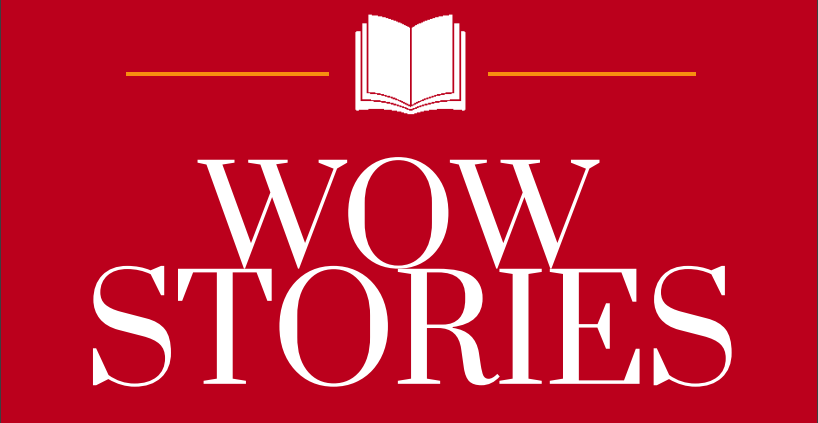
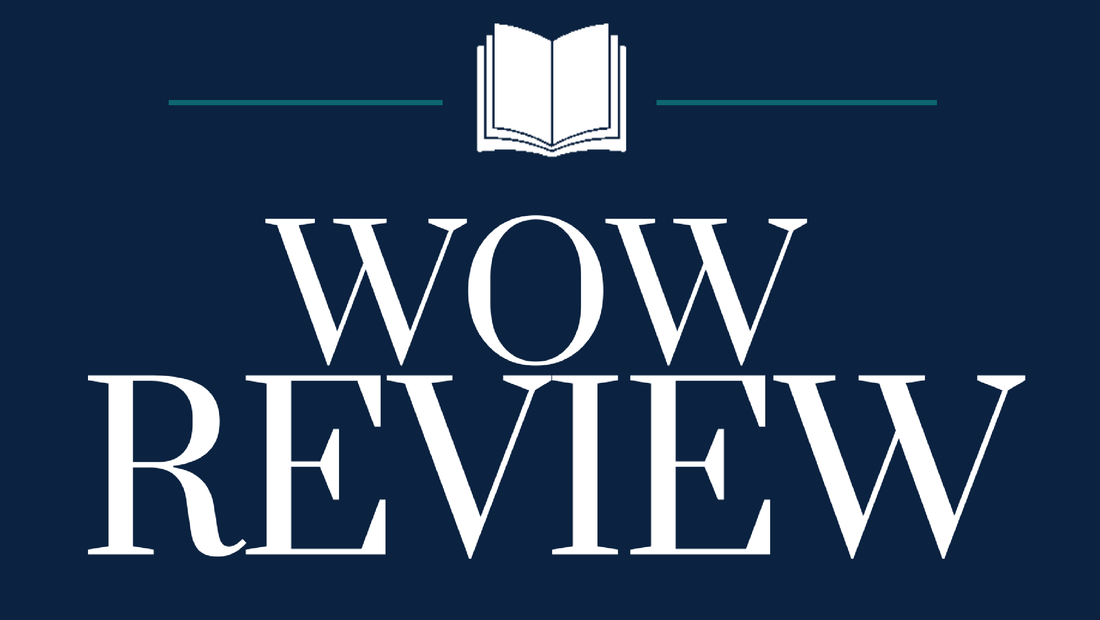
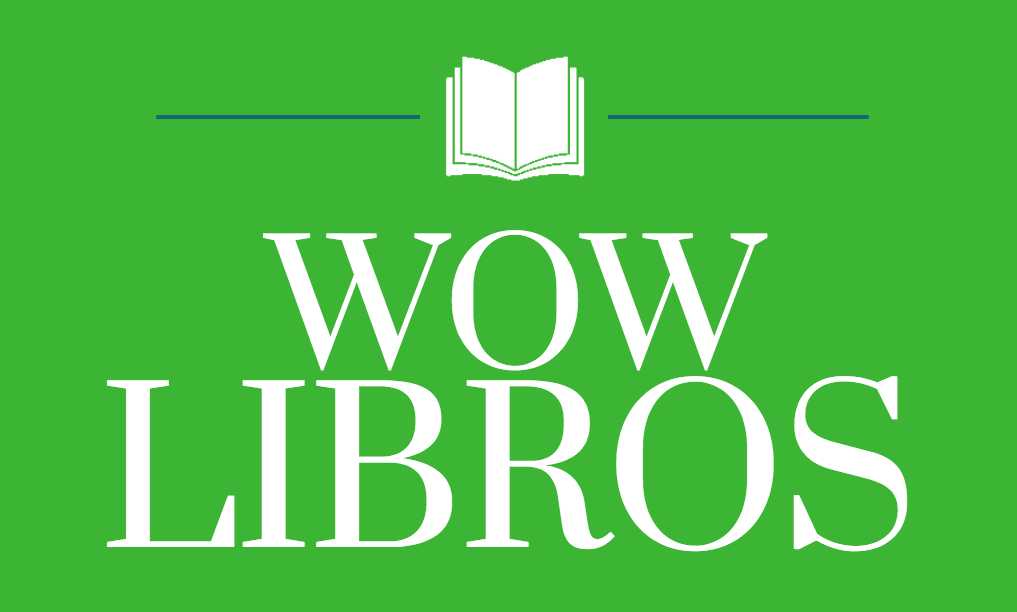
 RSS Feed
RSS Feed